Oral cancer surgery
Oral cancer and its treatment with surgery
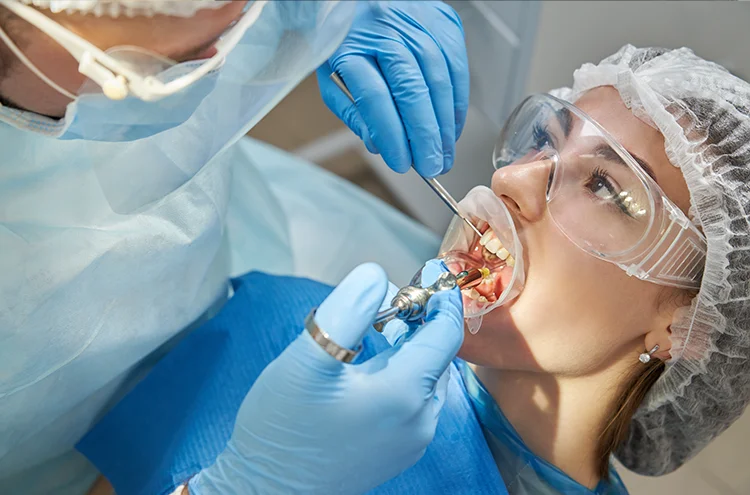
Oral cancer is a disease in which cancer cells grow in the tissues of the mouth and throat. It often manifests as lesions or ulcers on the lips, tongue, gums, or inside the cheek.
Surgery is a treatment option for this condition that can be cured if diagnosed early.
Surgery for oral cancer is done to remove any tissue that may be affected. Sometimes nearby lymph nodes will also need to be removed to prevent the spread of the disease.
Surgery can be complemented with radiotherapy or chemotherapy sessions, to eliminate the remaining cancer cells and reduce the risk of recurrence.
Types of surgeries for oral cancer.
There are different types of surgery, depending on the size, location of the disease, and its stage of evolution.
Resection surgery
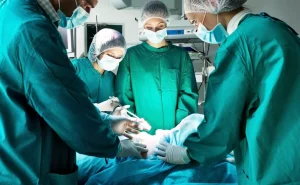
This involves removing the tumor and a small amount of surrounding tissue to ensure that all cancer has been removed. If the tumor is large, it may be necessary to remove a part of the affected jaw bone.
Reconstructive Surgery
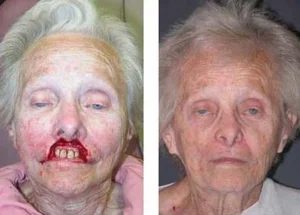
After resection surgery, this intervention may be necessary to restore the shape and function of the mouth. This involves resorting to skin or bone grafts, or the placement of dental or mandibular prostheses.
Laser ablation surgery
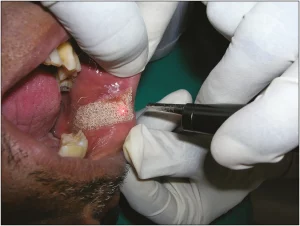
Uses a high-energy laser to burn and vaporize affected tissue. It is a precise and less invasive method than conventional surgery, and it can be useful to treat small tumors.
Neck Surgery
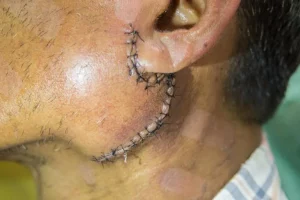
In some cases, oral cancer may have spread to the lymph nodes in the neck. This surgery requires removing the affected lymph nodes to prevent the spread of the disease.
Jaw Surgery
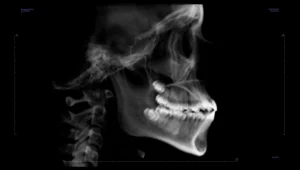
If the jaw bone has been impacted, jaw surgery may be necessary to remove the affected bone tissue and reconstruct the jawbone.
Micrographic surgery
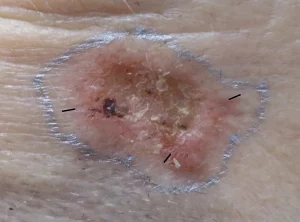
Also known as Mohs surgery, it consists of removing the affected tissue in very thin layers. Each layer is examined under a microscope to see if there are cancer cells. Layers of tissue are removed until no disease-affected tissue is visible. This method reduces the normal amount that is withdrawn, although it requires more time.
Side Effects of Oral Cancer Surgery
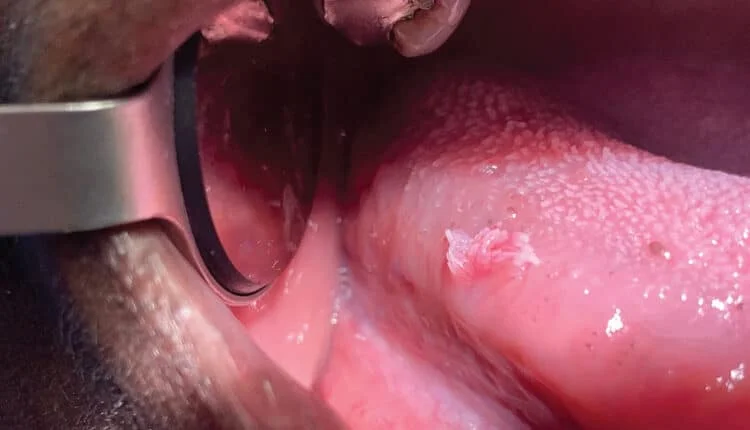
Pain, inflammation, difficulty in eating and speaking, and changes in the appearance of the mouth and face, are some side effects of this intervention. Generally, these effects are temporary and are treated with medications and rehabilitation therapies.

19 Natural Antibiotics to Ward Off Any Dental Infection
Sign up to receive daily email dentist tips and challenges, as well as our comprehensive Better smile Guidebook.
Oral Cancer Surgery Aftercare

After the intervention, some care is required to ensure a successful recovery and prevent complications. For this purpose, the surgeon will give instructions on the care of the operated area, which must be followed.
The diet to follow during recovery, as well as an oral hygiene practice, are some of the aspects that are part of the instructions for the recovery period.
Conclusion
Find the right specialist
Receiving care from an expert medical team in this pathology is a relevant aspect. Likewise, it is essential to continue medical control after surgery to monitor the recovery process.
Finding the right professional, with the required experience, is a crucial factor for treatment. Consult our directory of professionals in dentistry and other areas of oral health. There he finds a specialist with experience in handling this diagnosis. Select the alternative that offers the best response to your health condition.

19 Natural Antibiotics to Ward Off Any Dental Infection
Sign up to receive daily email dentist tips and challenges, as well as our comprehensive Better smile Guidebook.
Our Doctor
Meet Doctor
Dr. Andreas
Dental specialist

19 Natural Antibiotics to Ward Off Any Dental Infection
Sign up to receive daily email dentist tips and challenges, as well as our comprehensive Better smile Guidebook.



